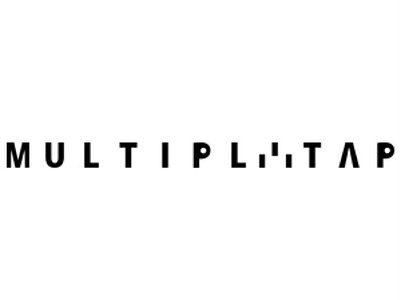Part 2
Live performances are often considered as one-way forms of communication. In which way, however, can an audience actively contribute to them as well?
Structurally, the audience has a role of its own. Depending on the performance, they'll be involved more or less deeply. But I don't think that the relationship between the performer and the audience can be fundamentally changed. There is a method to each concert and it quite simply consists in the expectation that listeners will go somewhere and that they'll get to hear someone play.
For example, even if every live gig were a collaboration with the audience, the structure of this relationship would still be provided by the artist. If, as an artist, you eliminate this border, then I believe you're no longer addressing the right group of listeners. If it were somehow possible for you to stand on both sides, it might be possible. But I don't see that happening.
The role of the arts is always subject to change. What's your view on the (e.g. political/social/creative) tasks of the arts today and how do you try to meet these goals in your own work?
Just as I said about music, the arts in general have died decades ago. These terms – 'music', 'arts' – even the artistic products have lost their relevance. What does still matter, though, are the artists themselves. And there's something else: Providing for the spaces that allow these musicians to play.
Music-sharing sites and -blogs as well as a flood of releases and more and more live performances in general are presenting both listeners and artists with challenging questions. What's your view on the value of music today?
Music in itself does not have a value. It doesn't eat. It doesn't buy anything.
Read more about Kou Katsuyoshi's various activities on his personal website.






